Refine listing
Actions for selected content:
2333 results in Cambridge Elements
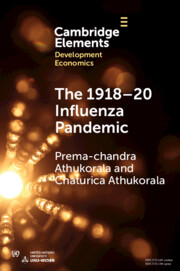
The 1918–20 Influenza Pandemic
- A Retrospective in the Time of COVID-19
-
- Published online:
- 03 November 2022
- Print publication:
- 24 November 2022
-
- Element
-
- You have access
- Open access
- HTML
- Export citation
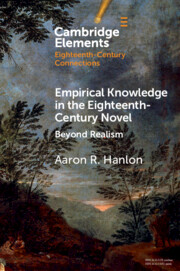
Empirical Knowledge in the Eighteenth-Century Novel
- Beyond Realism
-
- Published online:
- 03 November 2022
- Print publication:
- 17 November 2022
-
- Element
- Export citation
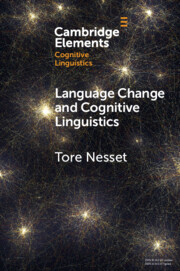
Language Change and Cognitive Linguistics
- Case Studies from the History of Russian
-
- Published online:
- 03 November 2022
- Print publication:
- 01 December 2022
-
- Element
- Export citation
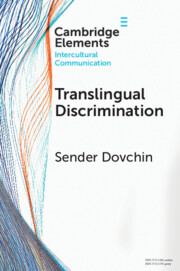
Translingual Discrimination
-
- Published online:
- 02 November 2022
- Print publication:
- 01 December 2022
-
- Element
- Export citation
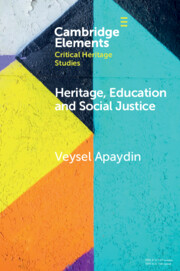
Heritage, Education and Social Justice
-
- Published online:
- 01 November 2022
- Print publication:
- 01 December 2022
-
- Element
- Export citation
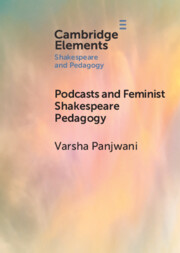
Podcasts and Feminist Shakespeare Pedagogy
-
- Published online:
- 28 October 2022
- Print publication:
- 01 December 2022
-
- Element
- Export citation
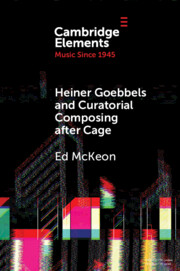
Heiner Goebbels and Curatorial Composing after Cage
- From Staging Works to Musicalising Encounters
-
- Published online:
- 28 October 2022
- Print publication:
- 24 November 2022
-
- Element
- Export citation
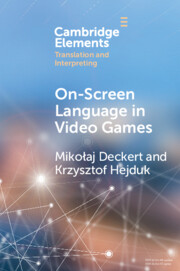
On-Screen Language in Video Games
- A Translation Perspective
-
- Published online:
- 27 October 2022
- Print publication:
- 24 November 2022
-
- Element
- Export citation
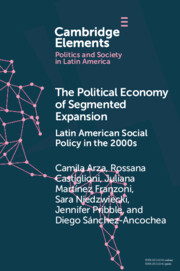
The Political Economy of Segmented Expansion
- Latin American Social Policy in the 2000s
-
- Published online:
- 27 October 2022
- Print publication:
- 08 December 2022
-
- Element
- Export citation
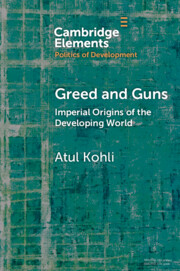
Greed and Guns
- Imperial Origins of the Developing World
-
- Published online:
- 24 October 2022
- Print publication:
- 17 November 2022
-
- Element
- Export citation
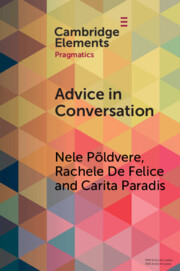
Advice in Conversation
- Corpus Pragmatics Meets Mixed Methods
-
- Published online:
- 21 October 2022
- Print publication:
- 10 November 2022
-
- Element
-
- You have access
- Open access
- HTML
- Export citation
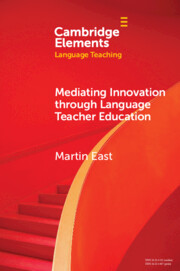
Mediating Innovation through Language Teacher Education
-
- Published online:
- 20 October 2022
- Print publication:
- 10 November 2022
-
- Element
- Export citation
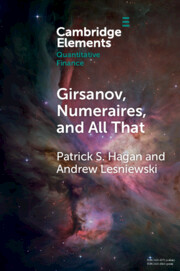
Girsanov, Numeraires, and All That
-
- Published online:
- 20 October 2022
- Print publication:
- 17 November 2022
-
- Element
- Export citation

Orthodoxy and Heresy
-
- Published online:
- 20 October 2022
- Print publication:
- 17 November 2022
-
- Element
- Export citation
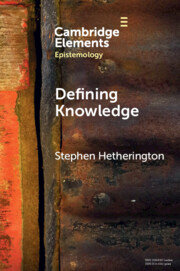
Defining Knowledge
- Method and Metaphysics
-
- Published online:
- 19 October 2022
- Print publication:
- 10 November 2022
-
- Element
- Export citation
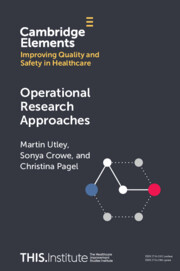
Operational Research Approaches
-
- Published online:
- 13 October 2022
- Print publication:
- 24 November 2022
-
- Element
-
- You have access
- Open access
- HTML
- Export citation
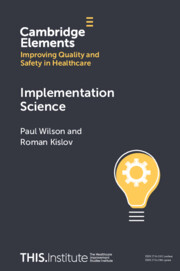
Implementation Science
-
- Published online:
- 13 October 2022
- Print publication:
- 24 November 2022
-
- Element
-
- You have access
- Open access
- HTML
- Export citation
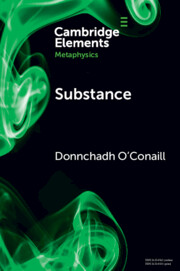
Substance
-
- Published online:
- 13 October 2022
- Print publication:
- 03 November 2022
-
- Element
- Export citation
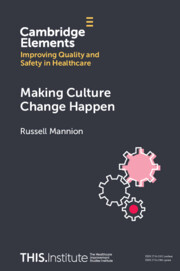
Making Culture Change Happen
-
- Published online:
- 13 October 2022
- Print publication:
- 24 November 2022
-
- Element
-
- You have access
- Open access
- HTML
- Export citation
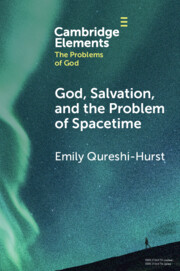
God, Salvation, and the Problem of Spacetime
-
- Published online:
- 12 October 2022
- Print publication:
- 10 November 2022
-
- Element
- Export citation
